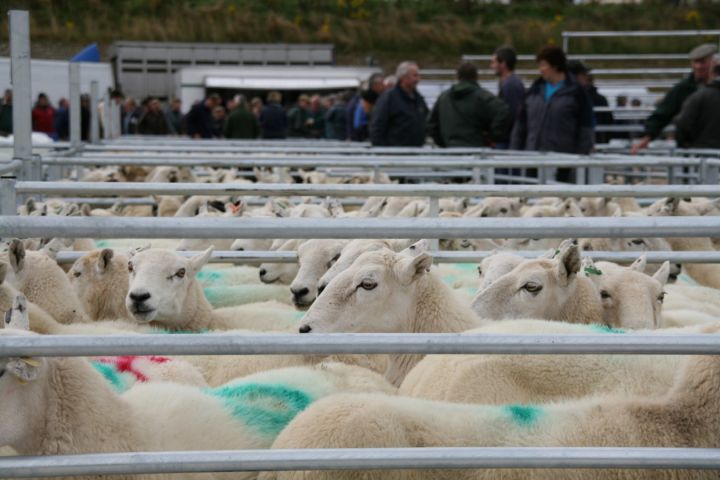This year has been a bad one for the share market. Because most superannuation accounts and managed funds invest at least partly in shares, it has been a bad year for them too. When will the market turn up? It could be soon now.
No-one rings a bell when the share market is at its high point to indicate it’s time to sell. And no-one rings a bell to signal the market is at its lowest point and it’s time to buy to profit from the gains ahead.
The share market is often driven by the emotions of short-term traders rather than logical analysis. It frequently overshoots, both on the upside and the downside. The latter provides an opportunity for long-term investors to buy at favourable prices when the market is oversold.
Picking when to buy before a healthy rise is very difficult. By definition, there must be a large school of thought that things are still going to get worse. If everyone thought prices were going to rise they would already have been bid up by keen early buyers.
The cause of this year’s losses has been rising interest rates, boosted to control inflation. When rates stop climbing, share markets are likely to strengthen. When will inflation plateau? There is already evidence of it occurring in the US, Britain, China and Japan, though not here yet.
Share investors are always thinking ahead, by six to twelve months. They want to be in the box seat by out-anticipating others. Currently they are trying to see over the interest rate hill, into the clear going that should lie beyond.
Many Australian companies’ share prices now represent good value relative to their profits and dividends. Some are expected to pay income of six to ten per cent this financial year including franking credits. Prices of some are only ten times profits or less.
Shane Oliver, AMP Chief Economist, points out that the US share market often has a weak period leading up to the US mid-term elections and usually has a good year after them. They were held last week.
There are always ‘experts’ prepared to predict a recession ahead, and doom and gloom. The sensational media only reports market falls, never market gains. Investors need to learn to tune out alarmist headlines and recognise the sources that are more reliable.
The share market is a bit like the sheep or cattle market – up and down short term. Farmers know they should buy in the dust and sell in the mud – buy livestock in the dry times when prices are low and sell in the good seasons when they are high. This year has been very wet with plenty of mud around, but not in the share market. It is very dusty at present.

